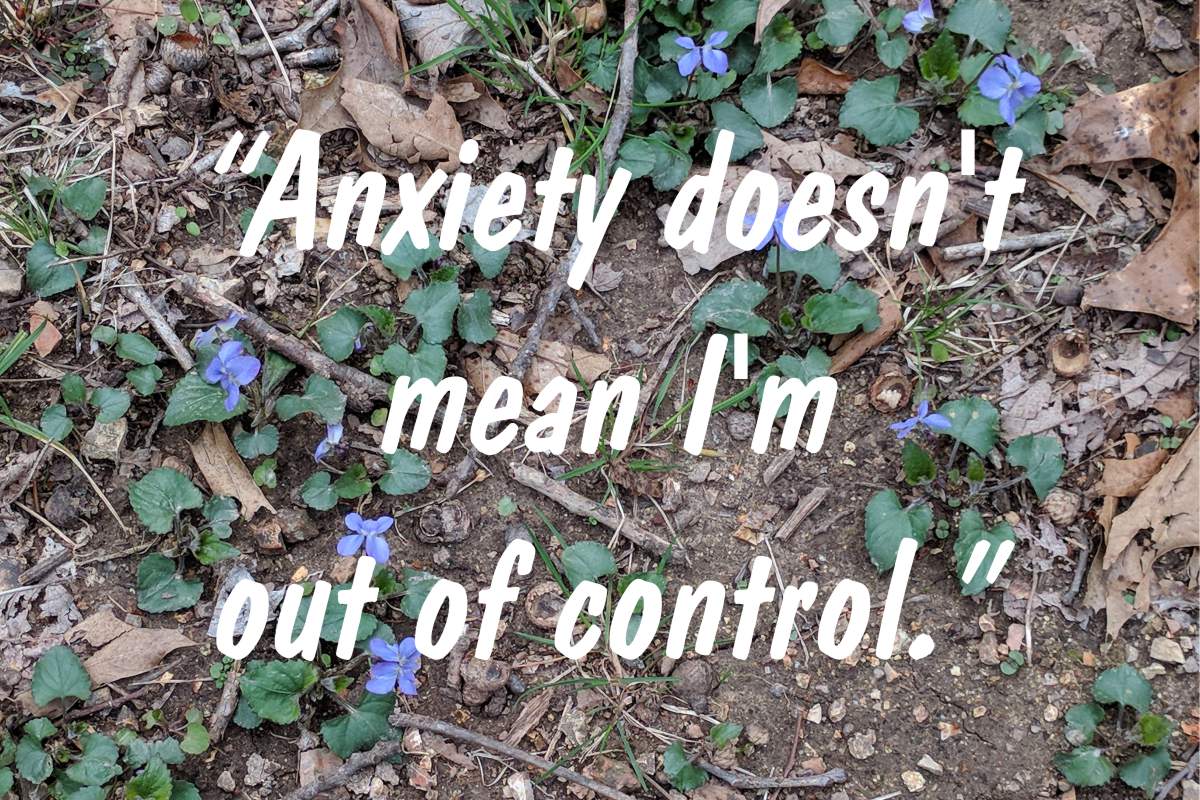










Popular Articles
Crazy-Makers: Dealing with Passive-Aggressive People
Why Are People Mean? Don't Take It Personally!
Struggling to Forgive: An Inability to Grieve
The Secret of Happiness: Let It Find You (But Make the Effort)
20 Steps to Better Self-Esteem
7 Rules and 8 Methods for Responding to Passive-aggressive People
What to Do When Your Jealousy Threatens to Destroy Your Marriage
Guide to How to Set Achieveable Goals
Catastrophe? Or Inconvenience?
Popular Audios
Audio Version of Article: Crazy-Makers: Passive-Aggressive People
Audio Version of Article: Why Are People Mean? Don't Take It Personally!
15 Coping Statements for Panic and Anxiety
by Monica A. Frank, PhD
Coping statements can be part of your strategy to manage anxiety. What are coping statements? When you struggle with anxiety you are usually engaging in fearful and/or inaccurate self-talk which tends to increase the anxiety. The purpose of coping statements is to counter this anxious self-talk.
This series provides an explanation of some common coping statements. The best way to use them is to identify the ones that are most calming to you and repeat them over and over when you are anxious sort of like a mantra. Combining a single statement with taking slow breaths can be particularly helpful.
Coping statement #9: “Anxiety doesn't mean I'm out of control.”
Just because you feel out of control when you have anxiety doesn't mean you are out of control. The symptoms of anxiety can often feel extreme and uncontrollable. When people don't have control over the symptoms they often assume they don't have control over other aspects of their physical self such as being able to drive or deal with a problem.
However, since anxiety stems from the body preparing to deal with a threat, the flight or fight response of the autonomic nervous system (ANS), the symptoms are either the direct result of that preparation or a side effect. The purpose of the arousal of the ANS is to help you cope better when faced with a threat so it is not endangering you. In fact, in many ways you are more in control.
The symptoms you experience are due to this preparation. For instance, the increase in heart rate, breathing, and muscle tension is to help you run away or fight the threat. Other symptoms are due to the body reducing resources to unnecessary processes. When you are confronted with a dangerous situation, your body doesn't need to be engaged in the digestion of food so it slows or shuts down that system. As a result, many people feel stomach upset when anxious. Also, the body reduces peripheral vision as it is more important to focus on what is in front of you which is why people often report visual changes or “tunnel vision” when anxious. A Brief Primer on the Biology of Stress and How CBT Can Help explains these symptoms in more detail.
Some people are more sensitive to these bodily symptoms. For them, even a physical experience that is similar to their symptoms can trigger an anxiety attack. For instance, a normal reaction people have to going across a long bridge and the outside light “flickering” when passing the spans is a visual disturbance called "the flicker effect" that can be distracting. For some people with anxiety this visual disturbance can be a trigger for the anxiety.
Unfortunately, the body just reacts to signs of “threat” and doesn't recognize that something is not dangerous and that you don't always need to run or fight. The anxiety symptoms are a signal to the brain to then evaluate and determine what is the appropriate response. That is why a coping statement reminding yourself that you are not out of control can be helpful. It allows you to then focus on what you can do about the situation or the anxiety rather than focusing on the symptoms.
Permission to reprint this article for non-commercial use is granted if it includes this entire copyright and an active link.














